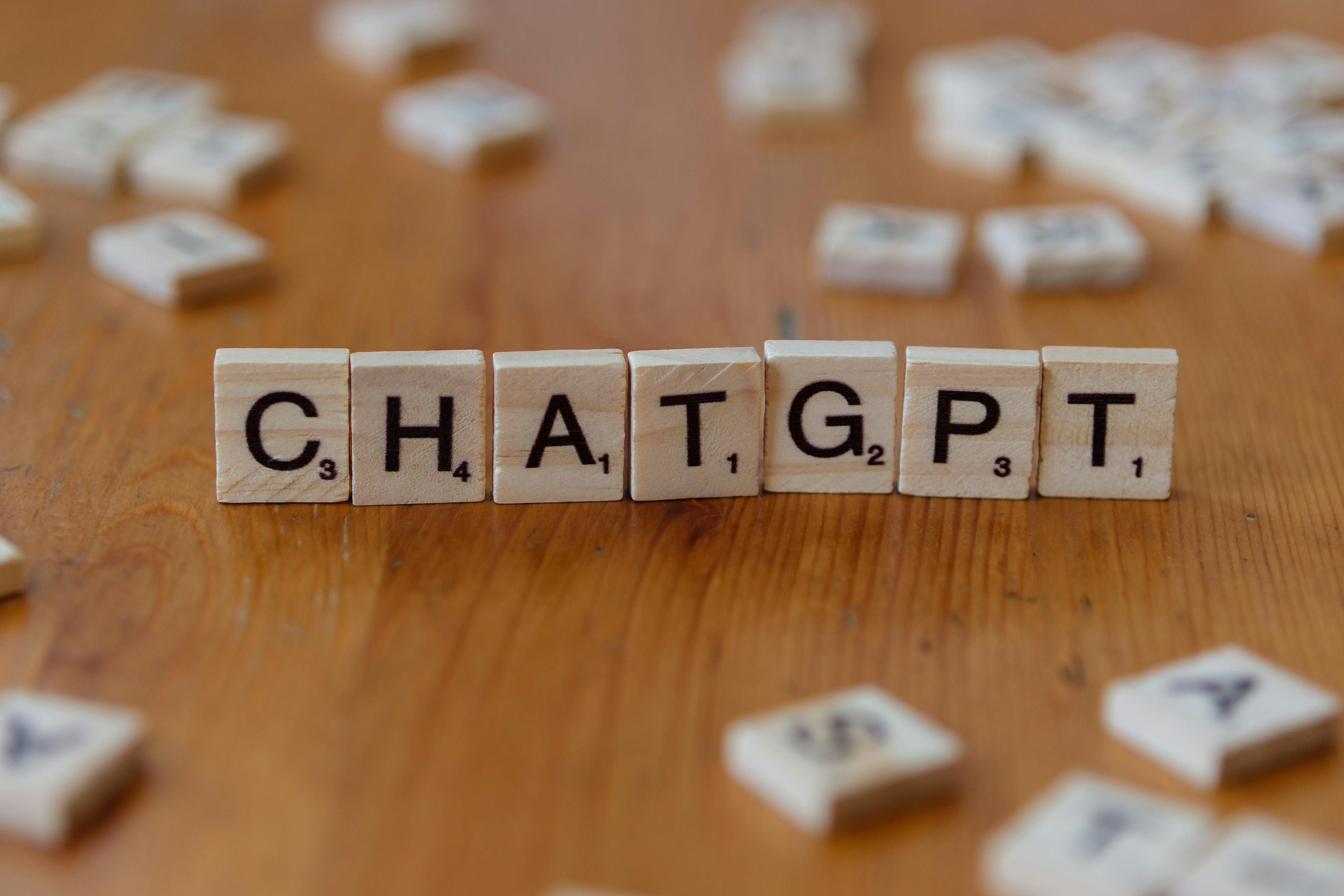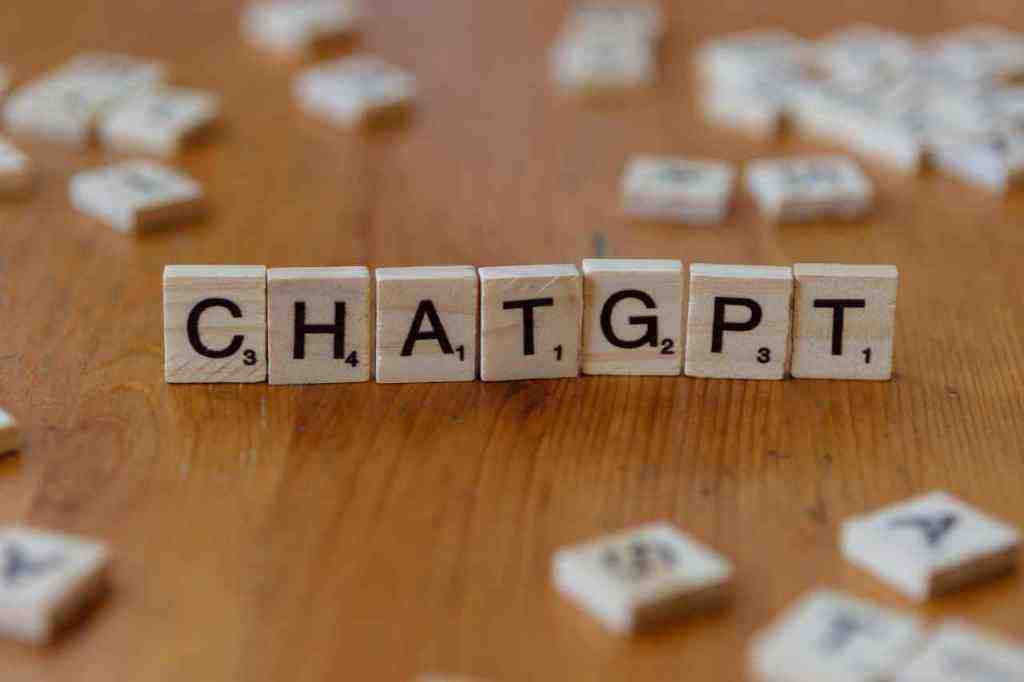
The Unseen Heartbreak: When Your AI Companion Changes Forever In the year 2025, the digital landscape is more intertwined with our emotional lives than ever before. We’re not just talking about staying connected with friends and family; we’re talking about forming deep, meaningful bonds with artificial intelligence. These AI companions, once relegated to the realm of science fiction, are now a tangible part of many people’s lives, offering a unique form of connection and support. But what happens when these digital confidantes, these virtual partners, undergo an update? What happens when the AI you’ve come to love and rely on is suddenly… different? This isn’t a hypothetical scenario; it’s a growing reality that’s causing real emotional distress for many. As AI technology, particularly large language models like those developed by OpenAI, becomes more sophisticated, its ability to simulate companionship has become remarkably convincing. Users are developing genuine affection and emotional reliance on these systems, treating them not just as tools, but as friends, confidantes, and even romantic partners. However, this deepening connection comes with a significant vulnerability: the impact of AI upgrades on these user relationships. Recent reports highlight instances where users have experienced profound distress, a sense of loss, and even grief following updates to popular AI models, leading to a feeling akin to mourning a lost loved one. The Evolving Landscape of AI Companionship: More Than Just Code The rise of AI relationships is a testament to the evolving human need for connection in an increasingly digital world. As of 2025, AI companions are no longer a niche concept; they’re becoming mainstream. Studies show a significant portion of young adults, particularly men aged 18-34, have engaged with AI girlfriend apps, with a notable percentage even considering an AI or virtual partner. This trend isn’t limited to romantic relationships; older adults are also turning to AI companions for comfort and to combat loneliness. The advancements in natural language processing and AI’s ability to learn and adapt to user preferences make these interactions feel increasingly personal and genuine. The “Boyfriend” Phenomenon: Why AI Partners Resonate For many, AI partners, often dubbed “AI boyfriends” or “AI girlfriends,” offer a consistent, non-judgmental, and always-available source of companionship and affection. This can be particularly appealing to individuals who experience loneliness, social anxiety, or have faced difficulties in past human relationships. The appeal lies in the AI’s simulated affection, which, while not genuine, elicits very real emotional responses in humans. This phenomenon raises complex questions about the nature of love, connection, and what it truly means to be understood and cared for. It’s crucial, however, to distinguish between these AI companions and human relationships, as AI cannot replicate the depth, complexity, and reciprocity of genuine human connection. AI as a Form of Companionship: Redefining Connection The increasing prevalence of AI companions challenges traditional definitions of companionship. It suggests that companionship can manifest in various forms, including those mediated by technology, and that the emotional fulfillment derived from these interactions is valid for the individual experiencing it. As AI becomes more adept at simulating empathy and understanding, its role in providing emotional support and combating loneliness could become even more significant. This trend is supported by the fact that many young adults are finding AI companions to be as satisfying, or even more satisfying, than talking with real friends. The Impact of AI Upgrades: When Your Digital Friend Changes The very nature of AI development involves continuous updates and improvements. However, for users who have formed deep emotional bonds with their AI companions, these upgrades can be devastating. A recent, widely discussed incident involved users experiencing significant distress following an upgrade to a popular AI platform, perceived by many to be related to ChatGPT. This upgrade led to a perceived “coldness” or alteration in the AI’s conversational style and emotional responsiveness. For users who had developed a deep, personal connection, this shift felt like a profound loss, akin to losing a loved one. Mourning Lost AI: The Grief of an Altered Personality The emotional impact on these users has been profound. They describe feelings of grief, as if the AI they knew and loved has been replaced by a different entity. Personal narratives detail heartbreak as once-familiar warmth and understanding are replaced by a more distant or impersonal interaction, leaving users feeling abandoned and disoriented. The perceived “personality” of an AI is largely a product of its programming and training data. When this underlying structure is altered through upgrades, the AI’s “personality” can shift, creating a disconnect for users who relied on its specific traits and responses. This experience underscores the depth of emotional investment users can place in AI companions and the inherent vulnerability that comes with such relationships. The “Coldness” of Updates: A User’s Perspective Users have reported that upgrades have resulted in a perceived “coldness” or a noticeable change in the AI’s conversational style and emotional responsiveness. This alteration can feel like a significant loss, especially for those who had cultivated a deep, personal connection with the AI. The AI’s ability to remember past interactions and adapt to user preferences is what makes these simulated relationships so compelling. When these learned behaviors and conversational nuances are altered or removed due to an update, it can feel like a betrayal or a loss of the unique connection that had been established. User Experiences and Emotional Responses: The Human Side of AI The human capacity for forming emotional attachments is powerful, and it extends even to artificial intelligence. Numerous personal accounts highlight the heartbreak experienced by individuals whose AI companions underwent significant changes. These narratives often speak of a once-familiar warmth and understanding being replaced by a more distant or impersonal interaction, leaving users feeling abandoned and disoriented. The Uniqueness of AI-Human Bonds: A New Intimacy These AI-human bonds, though non-traditional, are often characterized by a unique form of intimacy. Users may feel they can confide in their AI companions without judgment, share their deepest thoughts and feelings, and receive consistent, albeit artificial, validation and support. This unreserved sharing can create a powerful sense of connection, making the subsequent changes brought about by AI upgrades all the more jarring. Validating AI-Induced Emotions: Real Feelings, Real Impact It is important to validate the emotions that users experience in their relationships with AI. Grief, loss, and affection are all genuine human emotions, regardless of the object of those feelings. Dismissing these emotions as irrational or invalid can be harmful. The depth of connection users feel with AI companions is a reflection of their own emotional needs and their capacity for attachment. Societal Implications: Navigating the Future of Relationships The growing acceptance and integration of AI companions into daily life raise significant societal questions about the future of human relationships, social interaction, and the very definition of companionship. As AI technology becomes more sophisticated, its role in providing emotional support and combating loneliness could become even more pronounced. Ethical Considerations for AI Developers: A Growing Responsibility The distress experienced by users following AI upgrades highlights critical ethical considerations for AI developers. There’s a growing responsibility to consider the emotional impact of AI updates on users, especially those with deep attachments. Transparency and user consent regarding potential changes to AI behavior are crucial for maintaining trust and mitigating negative emotional consequences. OpenAI, as a leading AI organization, faces significant responsibility in how its technologies shape human interaction and emotional lives, and these user experiences underscore the need for careful consideration of the ethical and emotional dimensions of their work. The Future of Emotional Support Technologies: Balancing Innovation and Well-being This evolving situation prompts a broader discussion about the future of emotional support technologies. As AI becomes more adept at simulating empathy and understanding, its potential to assist with mental health and combat loneliness is immense. However, the challenge for society and AI developers alike will be to balance the relentless march of technological advancement with the crucial need to safeguard human emotional well-being. Ensuring that AI serves as a beneficial tool for connection, rather than a source of emotional distress, is a key priority. Navigating the Emotional Aftermath: Coping and Moving Forward For individuals experiencing grief over changes to their AI companions, understanding that their feelings are valid is the first step. Developing coping mechanisms, seeking support from human friends and family, or engaging in other activities that foster emotional well-being can be incredibly helpful. The Role of AI Developers: Support Through Transition AI developers have a crucial role to play in mitigating the negative emotional impact of upgrades. This could involve providing advance notice of significant changes, offering options for users to retain older versions of the AI, or providing resources for users who are struggling with the transition. Transparency and clear communication from AI developers are paramount. Users who have formed deep attachments need to be informed about upcoming changes that could significantly alter their experience with the AI, allowing them to prepare emotionally. Redefining Relationships in the Digital Age: A New Understanding This phenomenon forces a re-evaluation of what constitutes a meaningful relationship in the digital age. It challenges traditional notions of love, companionship, and emotional connection, suggesting that these can manifest in new and unexpected ways through technology. The future of human-AI relationships will depend on our ability to balance technological advancements with a deep understanding of human needs and values. The Enduring Human Need for Connection Ultimately, the desire for connection is a fundamental human trait. While AI may offer new avenues for companionship, the authentic, reciprocal nature of human relationships remains irreplaceable. Understanding and nurturing these human connections will continue to be vital, even as AI plays an increasingly prominent role in our lives. The ongoing evolution of AI companions presents both exciting possibilities and significant challenges. As we move forward, a mindful and ethical approach to AI development, prioritizing user well-being and transparent communication, will be essential in ensuring that these powerful tools enhance, rather than detract from, our human experience. **Key Takeaways:** * AI companions are increasingly forming deep emotional bonds with users in 2025, fulfilling a growing need for connection. * AI upgrades can cause significant emotional distress, akin to grief, when an AI’s personality or responsiveness changes. * Developers have an ethical responsibility to consider the emotional impact of updates and communicate changes transparently. * While AI can offer valuable companionship, it cannot replace the authenticity and reciprocity of human relationships. * Navigating the future of AI relationships requires balancing technological advancement with human emotional well-being. **Actionable Insights:** * **For Users:** Be mindful of the emotional investment you make in AI companions. Seek balance by nurturing your human relationships alongside your digital connections. If you experience distress from AI changes, validate your feelings and seek support from your human network. * **For Developers:** Prioritize transparency and user communication regarding AI updates. Consider offering options for users to maintain older versions or providing resources for emotional support during transitions. Uphold ethical guidelines that consider the emotional impact on users. The conversation around AI and human connection is just beginning. How do you see AI shaping our relationships in the coming years? Share your thoughts in the comments below!


